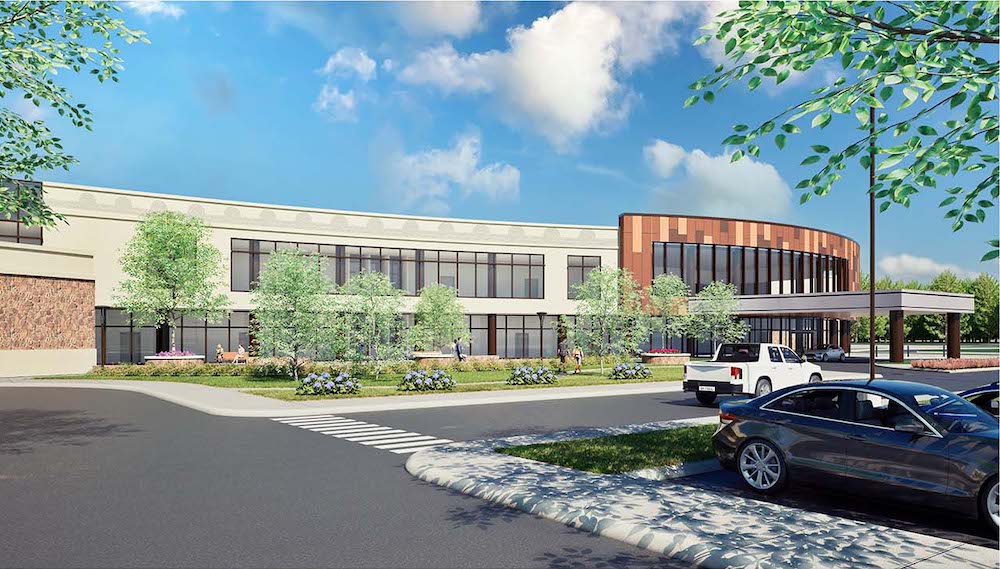
- Details
- By Tribal Business News Staff
- Health Care
Cherokee Nation leaders and community members gathered Wednesday as the tribe officially assumed operations of the former Claremore Indian Hospital, the last federally run Indian Health Service facility within the Cherokee Nation Reservation.
The Claremore Outpatient and Emergency Health Center will now be part of Cherokee Nation’s health system, which delivers more than 2 million patient visits annually across 11 facilities, according to a news release from the tribe.
“After decades of federal underfunding and neglect, we are taking responsibility for delivering the care our people deserve,” Principal Chief Chuck Hoskin Jr. said in a statement. “This is what self-determination looks like in action.”
The takeover was approved Sept. 23 by the U.S. Department of Health and Human Services, leaving Lawton Indian Hospital in southwest Oklahoma as the last remaining federally operated Native hospital in the state.
The tribe has authorized $255.5 million for the transition, including $11 million in immediate upgrades and $244 million for a replacement facility scheduled to open in 2027, according to the release.
The new facility will include an expanded emergency department, wellness center and outpatient services. Cherokee Nation has also partnered with Hillcrest Hospital Claremore to provide labor and delivery care.
About 80% of Claremore Indian Hospital employees who reapplied were offered positions under Cherokee Nation.
The tribe operates the largest tribal health system in the country, and the Claremore transfer is part of a broader expansion of Cherokee health services across the tribe's northeast Oklahoma reservation.
In early 2026, Cherokee Nation will open the new six-story, $470 million W.W. Hastings Hospital in Tahlequah. The existing W.W. Hastings Hospital, which opened in 1936, currently has 56 beds. The new facility will have 127 beds. The tribe also recently opened the $85 million Amo Health Center in Salina in August.
Cherokee Nation is also investing $73 million in behavioral health improvements, including an adult residential treatment center in Tahlequah.
In his State of the Nation Address in late August, Hoskin said the effort to expand healthcare is a matter of sovereignty and separating a crucial societal need from federal volatility.
“We can throw up our hands or we can roll up our sleeves,” Hoskin said. “The Cherokee people expect the leaders of this government to roll up our sleeves, maintain our priorities and hold the federal government accountable.”
